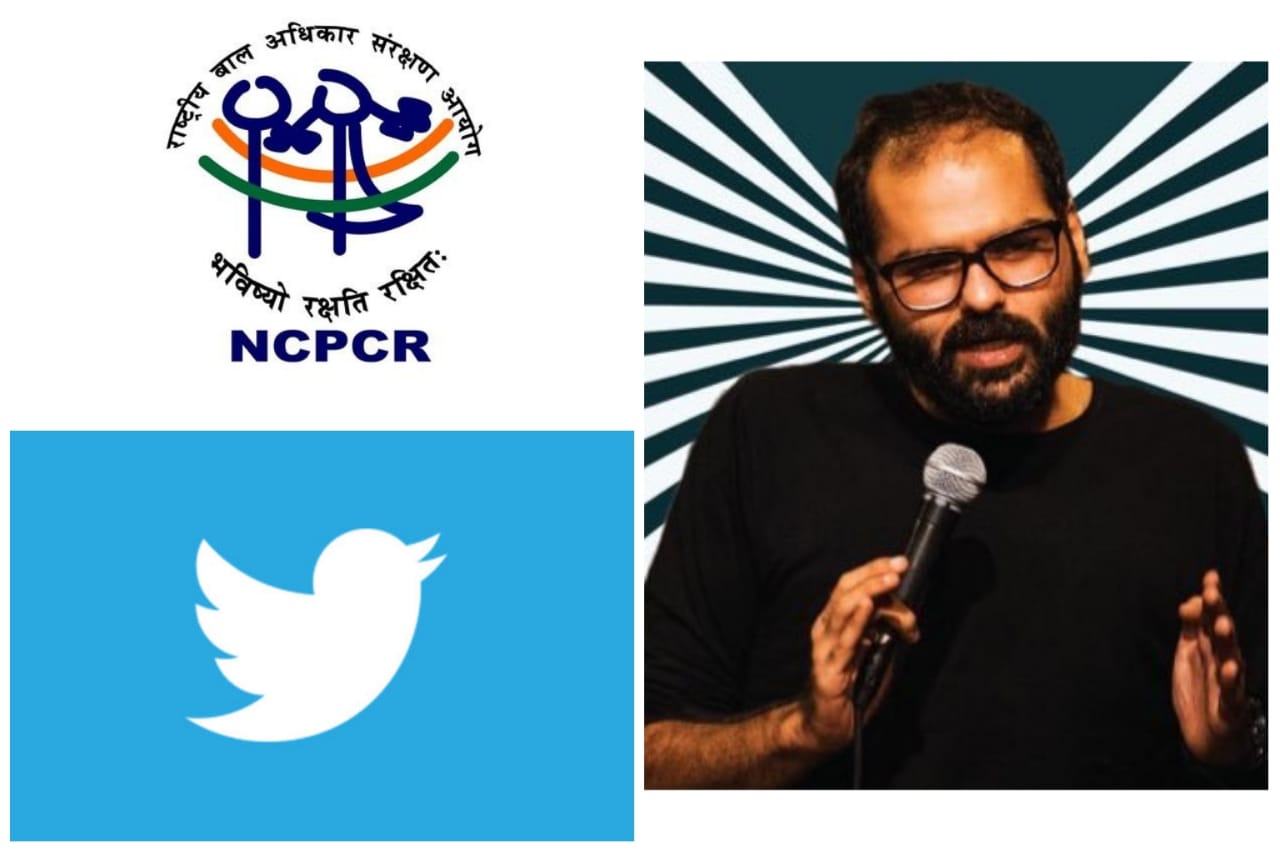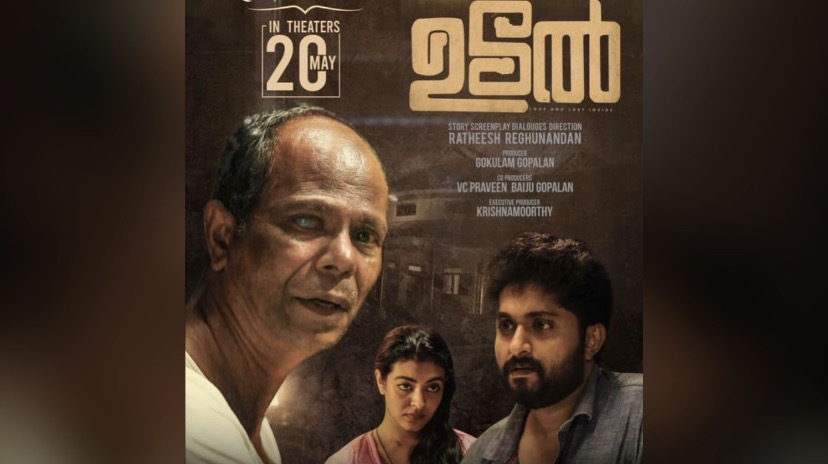Actor Mahesh Babu’s Telugu film Sarkaru Vaari Paata has collected Rs 102.7 crore at the box office in Andhra Pradesh and Telangana, during its five-day run since its release on Thursday, Anupam Reddy, Secretary of the Telangana State Film Chamber of Commerce tells Silverscreen India.
However, despite being headlined by a big star, theatre owners note that the film’s theatrical release has not made a great impact, owing to the hike in ticket prices in Telangana. The film, which opened to mixed responses, is directed by Parasuram Petla and is Mahesh Babu’s first release in two years since his last outing Sarileru Neekevvaru in 2020. In recent times, Sarkaru Vaari Paata is the second big-budget film after Chiranjeevi-starrer Acharya, to underperform at the box office.
Sarkaru Vaari Paata is jointly produced by Naveen Yerneni, Y Ravi Shankar, Ram Achanta, and Gopichand Achanta, under Mythri Movie Makers, GMB Entertainment, and 14 Reels Plus banners. It is to be noted that while both the Telugu-speaking states permitted the makers to hike the ticket prices for films like RRR, Sarkaru Vaari Paata, and Acharya, the latter two did not perform well at the box office.
Speaking to us, Reddy notes, “The hike in ticket prices is a bane to films, affecting them adversely. For RRR, the mindset of audiences were different. It was a visual wonder, and aside from Ram Charan and Junior NTR, the third hero is SS Rajamouli. The expectations were huge and people would have been ready to spend more, for a film like that. This also perhaps applies to KGF. But that does not mean the audiences are ready to spend extra for all the films.” According to him, Sarkaru Vaari Paata is only witnessing 35% occupancy in theatres.
He further says that the price hike has garnered a lot of negative impact in Telangana. “In multiplexes, before the price hike, they were selling at a rate of Rs 130-150 and after the hike, tickets cost Rs 295. To top it, increasing the prices for the first few days, is becoming a serious issue,” he adds. Reddy says that actors and producers are unaware of the ground reality and only listen to the perspective of fans. He claims that audiences “abuse” exhibitors for the price hike, while makers are ignorant of what audiences say, and insist on selling higher priced tickets.
“Sometimes they vandalise the premises due to the hike, owing to frustration of such exorbitant prices. The makers don’t listen to ardent movie buffs. There are people who want to watch films, irrespective of the heroes. They are passionate about films, and want to watch all of them. They negatively perceive the rise in ticket prices,” he mentions.
Reddy says that if this continues, it will be adverse for theatres. “With higher prices, they see numbers for collections. But when it comes to the numbers in audiences, it is reducing. Occupancy is falling day by day. We want a lot of people to see the film, but perhaps, at a lesser cost. The makers should also consider the numbers in audiences, who have seen their films, not just the film’s earnings. For the past four to five months, although the OTT graph is falling, we are still unable to have more footfall, only due to the hike in ticket prices.”
Echoing the same opinions, Balgovind Raj Tadla, Secretary of Greater Telangana Exhibitors Association and partner at Sudharshan 35mm and Devi 70mm single-screen theatres in Hyderabad, says that when the prices rise, the “mass communication” of the film is affected. “When ticket prices are hiked, people sometimes think that they will watch the film, only if it is really good. If something is highly priced, a consumer will only buy it, if is really useful to them. If its cost is lower, one may end up purchasing it, even if it is not of much interest to one,” Tadla explains.
He also raises the need for increasing ticket prices, when producers are able to release films across several screens using digital projection, as compared to the analog era. “When they resort to increasing ticket costs, why do they squash the hopes of many people watching the film at a lower price?” Tadla questions.
While the hike in ticket prices is an issue in Telangana, they maintained tickets at a lower cost, in Andhra Pradesh. Mentioning that Telangana’s ticket hike was reasonable, initially, Tadla notes that it was “possibly” over-utilised by many films. “RRR opted for an increase in prices. Using that, everyone opted for a hike. Obviously, all the makers are justified to availing hikes, but they end up getting a taste of their own medicine, with the market negatively impacting the films,” Tadla adds.
Aside from the increase in ticket prices, several films being released within a short span of time, also adds to the issue, say theatre owners. “There must be a considerable time duration between the release of each film, like a few months. Within just a gap of 10-15 days, people will not be ready to spend so much money to watch a film,” observes Reddy.
Akshita Reddy, who runs the Ranga 70mm single-screen theatre (1329 seats) in Hyderabad, notes that the increase in prices should be justified with good content.
Recommended
“The stories are not so nice. There are people who would want to come and watch films, but there are big budget releases that don’t have good storylines, which will make people come back for a second time. Acharya’s plot is not very compelling for people to revisit theatres. In the case of Sarkaru Vaari Paata, people are willing to watch it and it is doing better than Acharya. The price hike is fine but it should be supported by good content. Pushpa performed very well, despite running on an OTT platform. The collection Pushpa made is five times more than what Acharya made in its second week,” she says. She adds that though Mahesh Babu’s film is good, the climax was ‘off-putting’, which did not stand out in the minds of audiences.
With this, theatre owners explain that while higher prices are apt for films that deliver good content, however, it backfires when films do not meet the expectations of the people, thus creating a dent in its performance, owing to lesser footfall.



